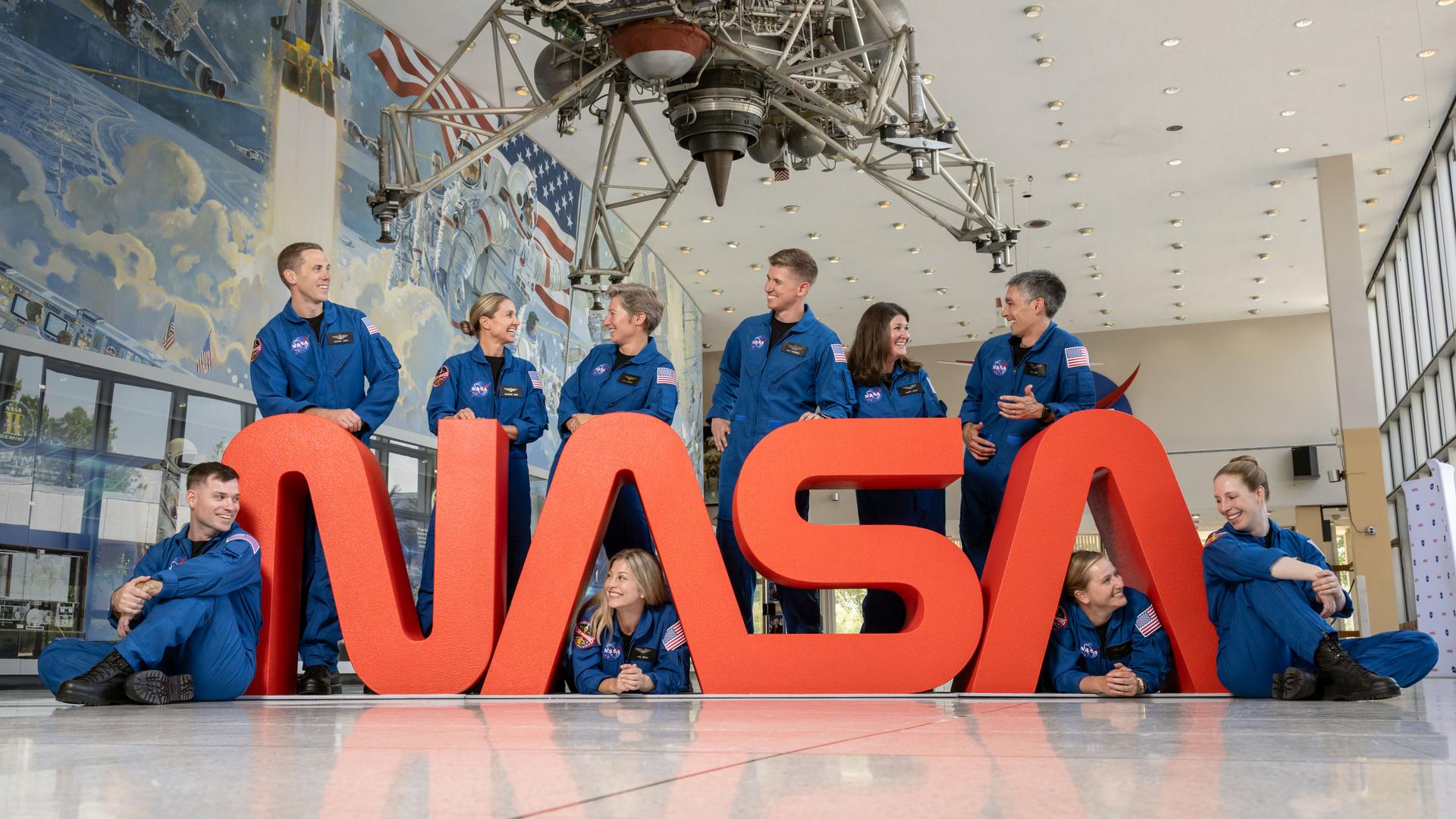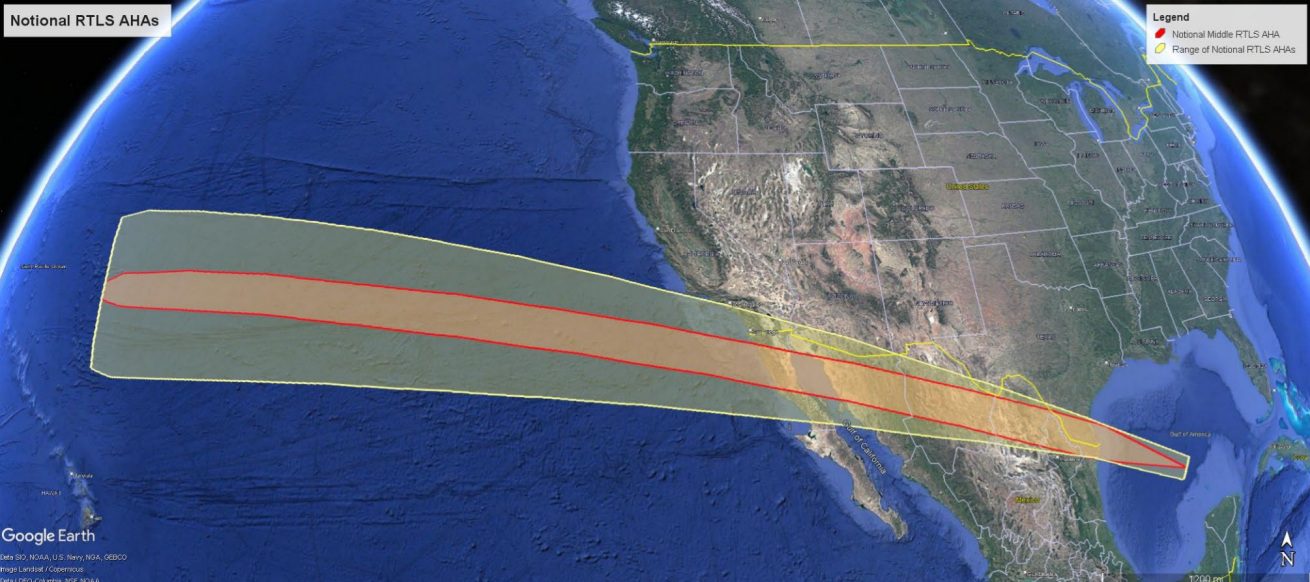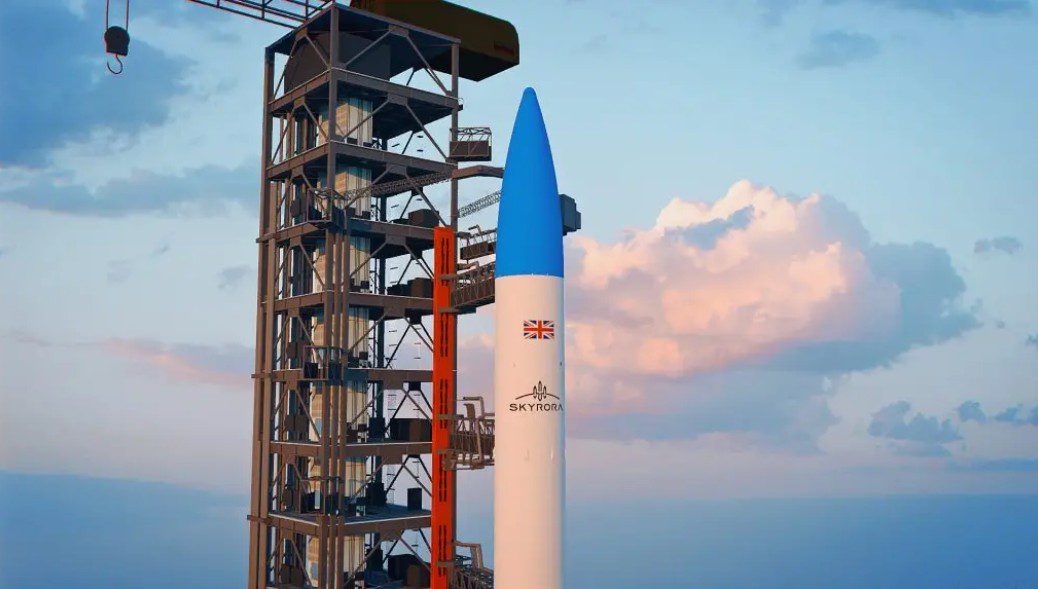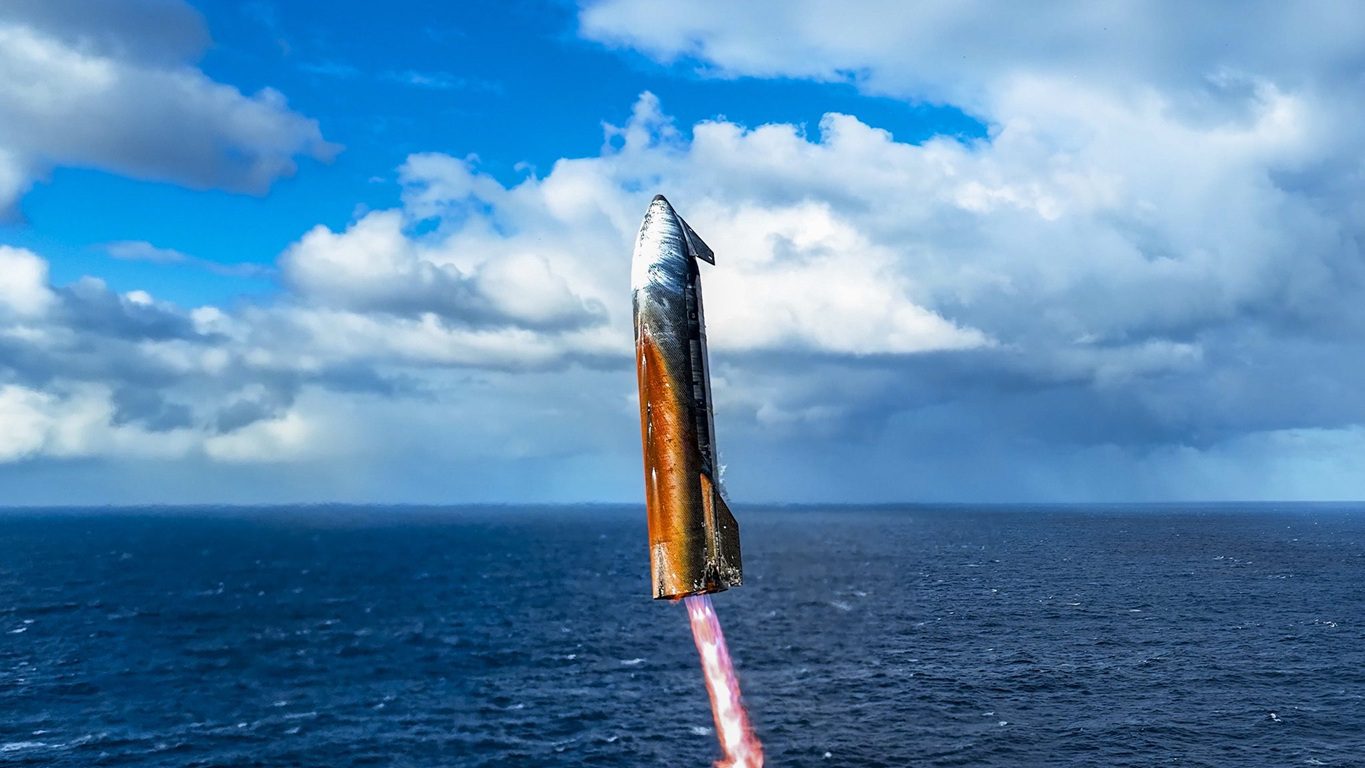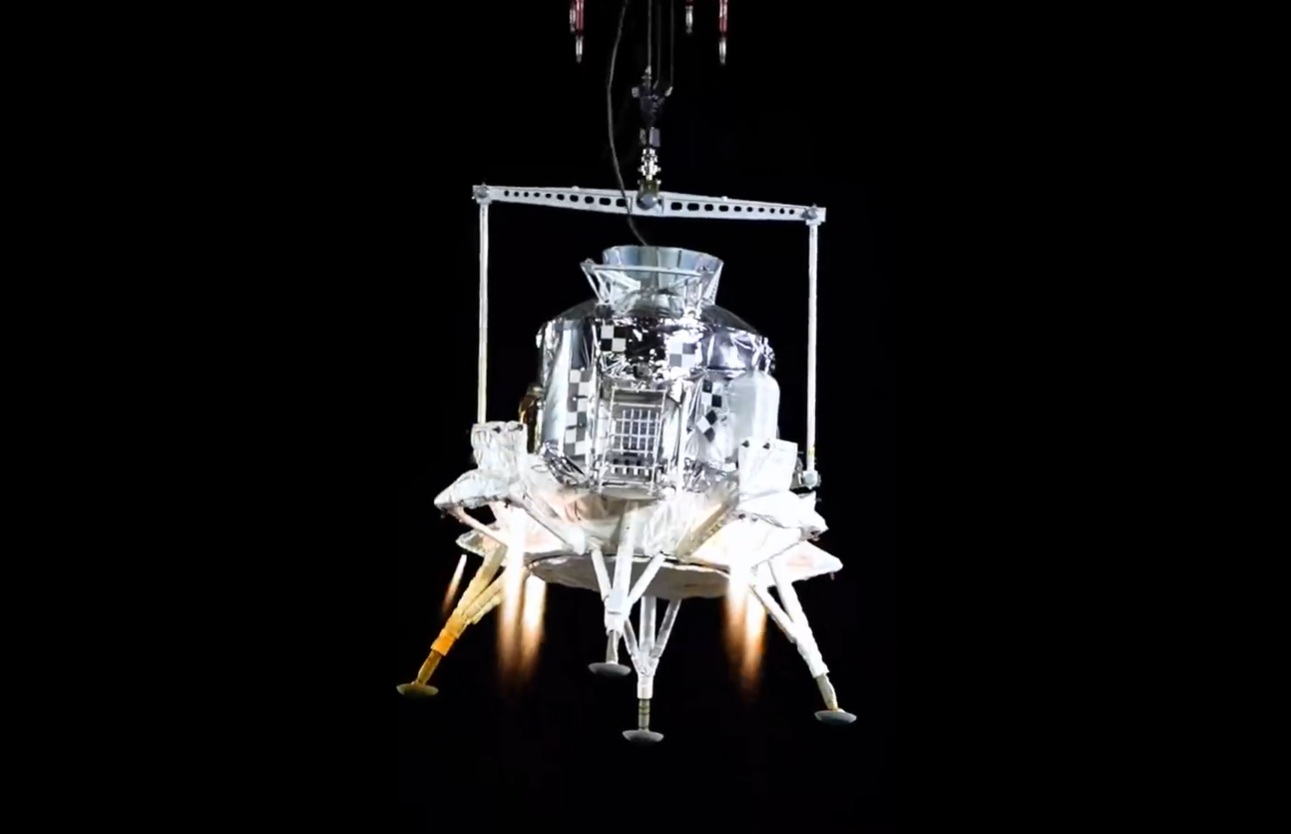Seradata Data Manager Matt Wilson dissects how some of the biggest names in regional GEO operators really feel about the rise of low Earth orbit (LEO) constellations
The chief execs of the heavyweight regional GEO operators sat down to discuss the advance of low Earth orbit (LEO) constellations at an afternoon panel at the SATELLITE 2023 conference, Washington DC. They included: Miguel Angel Panduro of Hispasat; Amit Somani of ABS; Kyle Whitehill of Avanti; and Abdulhadi Alhassani, chief strategy officer at Arabasat. The collective opinion on having to compete with LEO constellations was, unsurprisingly, complex, but perhaps not what many would have expected.

The Good
All of the operators agreed on one benefit of LEO constellations (read Starlink) entering mainstream consciousness: more businesses are thinking about space and satellite products. Talking about the provision of satellite communication products, CEO of Hispasat Miguel Angel Panduro even went as far as to say that they were “making it sexy”. There was also commentary on the fact that, for now, the rollout of constellation services was bypassing the main regions that these companies do business in: the Middle East and Africa; Asia; and South America. Abdulhadi Alhassani, chief strategy officer at Arabasat, said: “We haven’t lost a single customer to LEO.” Arabsat was getting more business in fact, he added.
Another factor behind the upbeat feeling was that the consumer broadband primary products on offer from LEO constellations are not really the kind of business that they rely on. The cellular backhaul, DTH, and mobility markets that GEO operators serve are, for the time being, safe from the LEO constellations.
The chief execs pointed out that it was important to remember that Starlink was the only LEO constellation in the market, which they would describe as “semi-mature”. Meanwhile OneWeb, the operators agreed, does not yet have proper coverage and is limited to certain latitudes, and Amazon’s Kuiper constellation is still only on paper. It was also noted that in their perhaps most vulnerable markets, maritime and aviation mobility, the feedback they are getting from customers is that constancy of service is very important, and right now GEO is still viewed as the most reliable – even if some customers may be starting to dabble in LEO products.
The Bad
The operators spoke about their worries concerning LEO-GEO interference, especially as the numbers of LEO satellites is set to increase rapidly. They hoped that ensuring security for their services and products would not just be left to LEO operators to make a “best effort” but that proper regulations would be put in place.
When considering the future of their businesses, reference was made to the continued erosion of the C-band spectrum. It seemed all the operators here were resigned to a future where C-band is reassigned away from space. However, it was pointed out that, unlike North America and Europe, in their markets C-band remained prominent and any transition away from it would not be for some years. Abdulhadi said that there was too much uncertainty around when they would start to lose C-band in their regions and it was difficult to justify launching a new C-band satellite. In a reference to the multi-billion dollar C-band order that has taken place in the US and other countries, Abdulhadi added that his company, and those of his colleagues, were unlikely to receive much, if any, compensation when C-band is finally taken away.
Conclusion
While many observers may have expected these regional GEO operators to be quaking in their boots about the encroachment of LEO constellations, it appears it is not so simple. Seemingly most of the immediate effects of the LEO constellations entering the market have been largely of benefit to the operators. So, despite a sword of Damocles made up of several thousand LEO satellites hanging above their heads, for now business is good.


